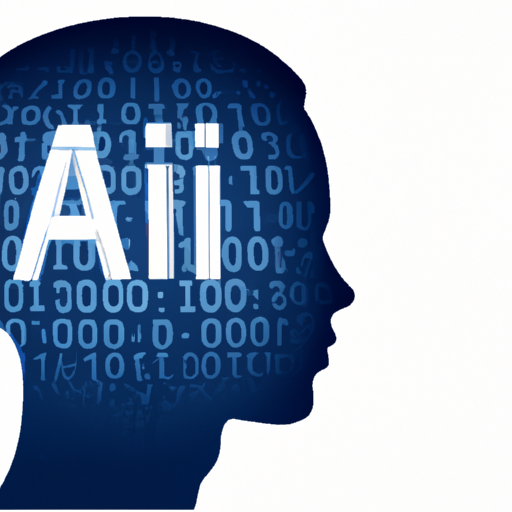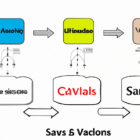In today’s fast-paced digital world, businesses are constantly on the lookout for ways to streamline operations and enhance productivity. Enter AI-powered automation, a game-changing technology that is revolutionizing how we work.
What is AI-Powered Automation?
AI-powered automation refers to using artificial intelligence to perform tasks that previously required human intervention. From data entry to complex decision-making, AI can analyze vast datasets, learn from patterns, and execute repetitive tasks with minimal human oversight.
The Benefits of AI Automation
- Increased Efficiency: Automating routine tasks allows employees to focus on higher-value work, significantly boosting overall operational efficiency.
- Cost Savings: By reducing the time spent on manual processes, businesses can lower operational costs and improve profit margins.
- Enhanced Decision Making: AI systems can analyze data and provide insights that aid in strategic decision-making, helping businesses stay competitive.
- Improved Customer Experience: Automation allows for quicker response times and personalized interactions, enhancing customer satisfaction.
Real-World Applications of AI Automation
Across various industries, AI-powered automation is making significant strides:
- Manufacturing: Robots equipped with AI technology perform quality control and assembly line tasks with precision, minimizing errors and enhancing productivity.
- Healthcare: AI algorithms analyze patient data to assist in diagnosis, while automation streamlines patient administration tasks.
- Finance: Automated fraud detection systems leverage AI to identify suspicious activities in real-time, protecting businesses and consumers alike.
- Retail: Chatbots use natural language processing to provide 24/7 customer service, while AI-driven inventory systems optimize stock levels.
Getting Started with AI Automation
For businesses looking to implement AI-powered automation, consider the following steps:
- Identify Opportunities: Evaluate processes that are repetitive and time-consuming.
- Invest in Technology: Research and choose the right AI tools that align with your business goals.
- Train Your Team: Equip your employees with the necessary skills to adapt to new technologies.
The Future of AI-Powered Automation
As AI technology continues to evolve, we can expect even more innovative applications of automation in businesses across sectors. Adopting AI-powered automation is no longer a luxury but a necessity for staying competitive in today’s market.
Conclusion
The integration of AI-powered automation in business operations can drive substantial improvements in efficiency, productivity, and customer satisfaction. By embracing this technology, companies can not only streamline their processes but also unlock new potentials for growth and innovation.
Stay ahead of the curve and explore how AI automation can transform your business today!













